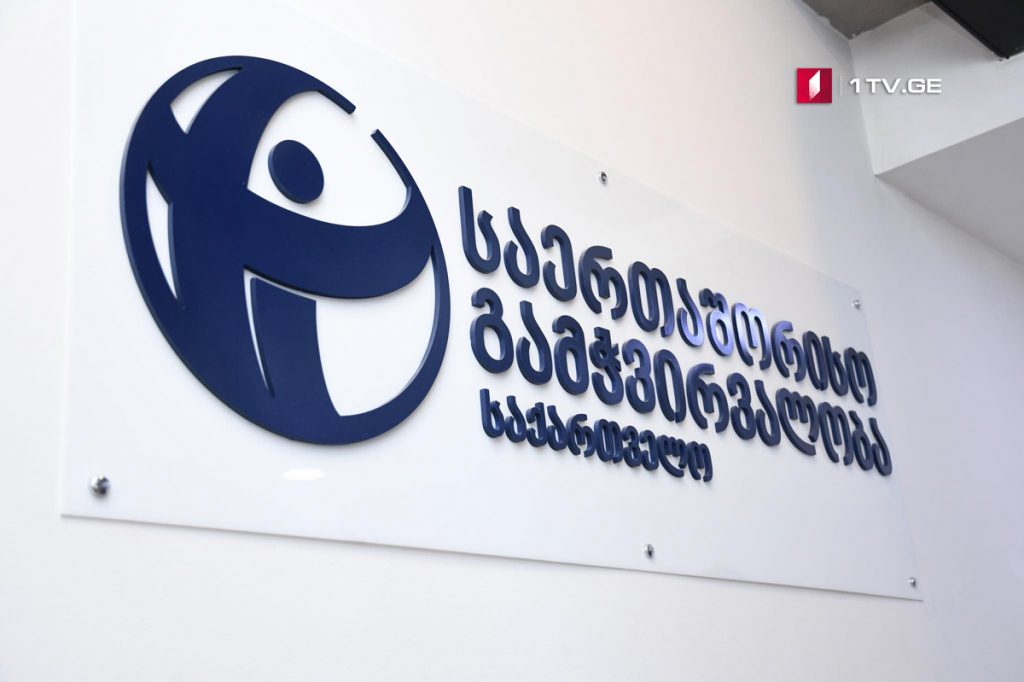TI-Georgia: Georgia stagnated in fight against corruption for ten years
Transparency International-Georgia (TI-Georgia) published the 2022 Corruption Perceptions Index (CPI), based on which Georgia scored 56 points, increasing by one point compared to the previous year. In the past, the country scored 56 points 3 times: in 2017, 2019 and 2020.
Georgia ranks 41st among 180 countries included in the ranking. A one-point change in CPI is considered statistically insignificant. In the case of Georgia, the score has not improved significantly since 2012, which means that the country has not taken effective steps against corruption in the last ten years.
“Georgia’s result in the ranking is mainly due to the low level of petty corruption, however, at the same time, elite corruption and the lack of political will to fight it remain a challenge. Given that CPI’s scoring ranges from 0 (highest level of perceived corruption) to 100 (lowest level), 56 points is an average result. For example, the scores of the top 10 performing countries exceed 80. While it is also true that Georgia is ahead of several European countries, it is 10 points behind the European regional average of 66 points,” TI-Georgia concluded.
According to TI-Georgia data, “more important and alarming is the accompanying analysis of Georgia’s 2022 CPI score, according to which high-level corruption is rising and state capture is deepening.”
“Although Georgia leads the region with 56 points, this is due to previous gains in eliminating low-level bribery; the country has stagnated on the CPI since 2012. Disappointingly, in a country once held up as an anti-corruption champion in the region, the current government is effectively killing any momentum to fight this problem.
The governing Georgian Dream party, which is widely believed to be controlled by Georgia’s richest man and former prime minister, Bidzina Ivanishvili, has captured key state institutions, the judiciary and law enforcement, meaning abuses of power at the highest levels go largely unpunished.
As an example, in recent years, Transparency International Georgia’s monitoring identified dozens of cases of alleged high-level corruption that have not been investigated; the nature, scope and increasing number of these cases point to an alarming conclusion that high-level corruption in Georgia is taking the form of kleptocracy, where officials systematically use political power to appropriate the country’s wealth and undermine all critical voices, including political opposition, media and civil society.
Government representatives have even resorted to aggressive rhetoric against civil society that exposes corruption. Recent defamation campaigns against activists have raised fears that parliament might be pushing for a foreign agent law – similar to what’s in place in Russia – to attack non-profits.
The EU listed inaction over high-level corruption as a key concern in its June 2022 decision not to grant Georgia candidate status. This followed an assessment process that many believe the government itself sabotaged to appease Russia. The EU did, however, offer the country a membership perspective, dependent on the fulfilment of 12 priorities – including the creation of an anti-corruption agency to help “deoligarchise” the country.
The government has unveiled plans to set up such an agency, but the proposals fall short as they don’t include investigative powers and sufficient independence for the agency.”
Based on the report, fulfilling the 12 priorities set by the European Commission for Georgia is the best way and opportunity to improve the situation and take real steps against corruption in the country.
Therefore, the Government of Georgia should use the year 2023 to thoroughly implement each of the reforms provided for in the 12 priorities,” the report reads.
